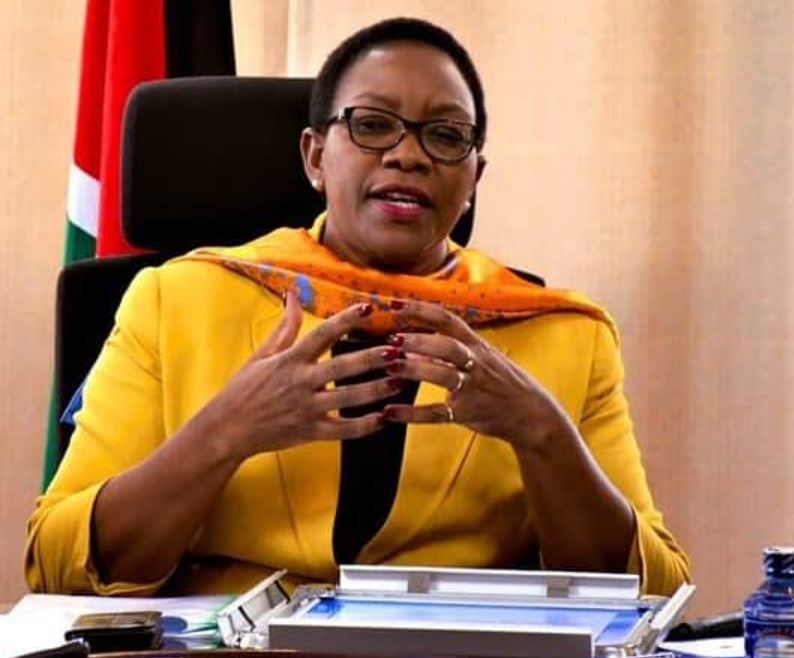×
The Standard e-Paper
Smart Minds Choose Us
 Statement by Cabinet Secretary, Ministry of Water, Sanitation and Irrigation, Sicily K. Kariuki (pictured).
Statement by Cabinet Secretary, Ministry of Water, Sanitation and Irrigation, Sicily K. Kariuki (pictured).
I am delighted to join Kenyans and the rest of the World to celebrate the 28th edition of World Water Day. This is an annual UN observance day that advocates for the sustainable management and development of freshwater resources. The day focuses public attention to the critical water issues and informs on the activities the Government and stakeholders are undertaking in the Water Sector.